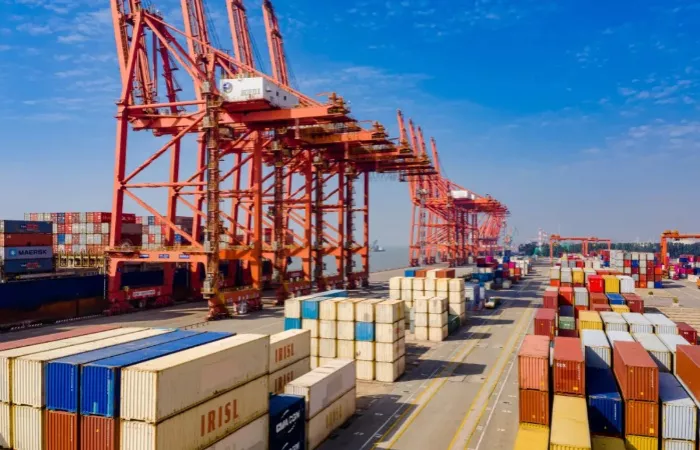After the official implementation of the mutual tariff adjustment between China and the United States on May 14, it has had a far-reaching impact on Chinese foreign trade enterprises and the banking industry.
Impact on Chinese foreign trade enterprises:
Short-term orders and production changes:
The order volume has increased significantly, American customers have placed orders one after another, and the order schedule of many enterprises has been postponed to July. Foreign trade enterprises start a “speed race” to compete for production, compete for shipping cabins, and grab exports. For example, Liu Rong, the head of consumer electronics export enterprises in Jiangsu and Zhejiang regions, is busy arranging production and shipping and booking shipping cabins in order to complete the backlog of U.S. customers, obtain profits and solve the problem of supply chain loan repayment.
Long-term strategic adjustment:
Some enterprises choose to continue to promote export diversification strategies, no longer rely excessively on the U.S. market, expand to Southeast Asia, Latin America, the Middle East and other emerging markets, and build a “multi-point support” global supply chain structure. There are also enterprises to hedge tariff pressure by investing overseas and building factories, or sign export contracts based on FOB quotations with American customers to avoid the risk of tariff fluctuations.
Impact on China’s banking industry:
Change in loan issuance strategy:
Banks take the ability of foreign trade enterprises to complete the delivery of U.S. orders within the 90-day window period as an important basis for issuing trade financing loans. For large foreign trade enterprises, banks are willing to increase their support for trade loans because of their strong delivery ability; for small and medium-sized foreign trade enterprises, although banks do not draw loans continuously, they may require more credit enhancement measures such as real estate mortgages to control loan risks.
Financial services are more diversified:
banks strengthen foreign exchange risk-averse financial services for foreign trade enterprises to meet the needs of enterprises to hedge exchange rate risks. At the same time, adjust the credit strategy according to the trend of “export grabbing” of enterprises, assist enterprises to book shipping cabins, or introduce short-term export credit insurance, etc. to build a shared loan risk mechanism. In addition, Ping An Bank Shanghai Branch and others have also launched inclusive financial key product portfolios to increase inclusive financial loans to small and medium-sized foreign trade enterprises.
Related topic:

